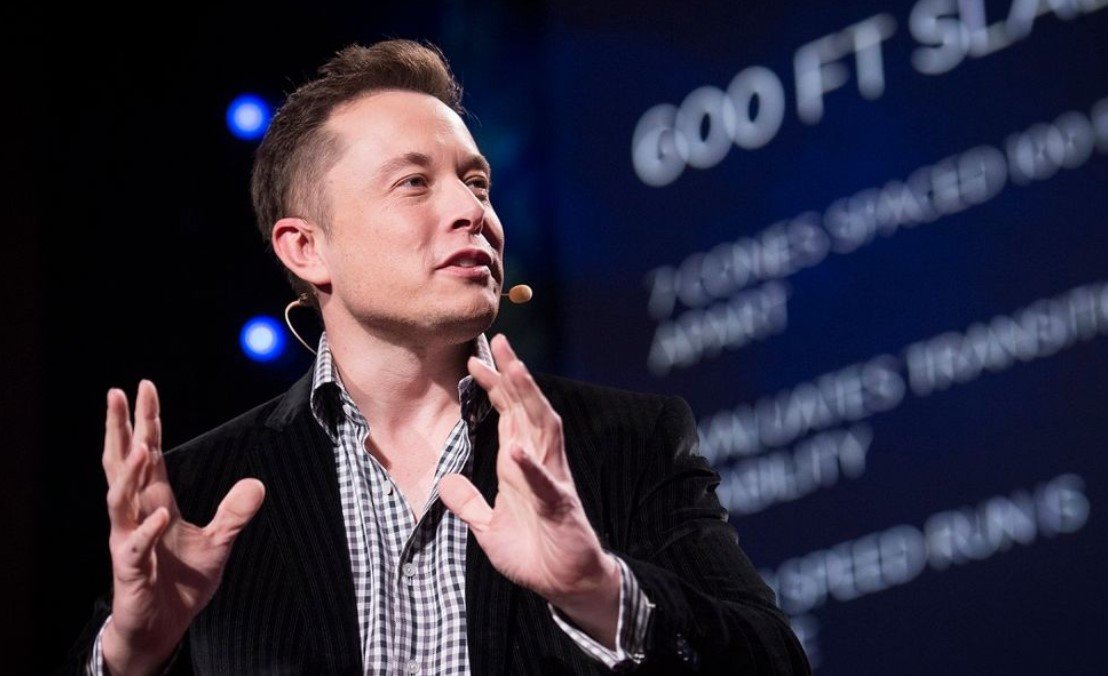The Magnificent Seven, a group of seven tech giants that dominate the market with their artificial intelligence (AI) capabilities, are facing a decline in investor interest, as their valuations become detached from reality. The Magnificent Seven, which consist of Alphabet (GOOG, GOOGL), Apple (AAPL), Tesla (TSLA), Amazon (AMZN), Microsoft (MSFT), Facebook (FB), and Netflix (NFLX), have a combined market cap of over $10 trillion, equivalent to the GDP of 11 major world cities. However, their AI hype may not be enough to justify their astronomical prices, as some experts warn of the “big market delusion”.
What is the Big Market Delusion?
The big market delusion is a term coined by Rob Arnott, the founder of Research Affiliates, a quantitative-focused investment firm. The big market delusion refers to the phenomenon where investors overestimate the size and growth potential of a market, and bid up the prices of the companies that operate in that market, regardless of their fundamentals and profitability.

Arnott explained the concept in an interview with MarketWatch, saying:
The big market delusion is when society falls in love with a big idea. It could be the internet in the late ’90s, it could be social media today, it could be electric vehicles today, it could be cannabis today. And that big idea spawns a lot of companies that are pursuing that big idea. And the stock prices go through the roof, even though the underlying economics are often dismal.
Arnott argued that the big market delusion is driven by behavioral biases, such as herd mentality, confirmation bias, and fear of missing out. He said that investors tend to follow the crowd, seek information that supports their beliefs, and chase the hottest trends, without critically examining the facts and figures.
Arnott also warned that the big market delusion can have negative consequences for both investors and society. He said that investors can lose money when the bubble bursts, and society can waste resources and talent on unproductive and unsustainable ventures.
How Does the Big Market Delusion Apply to the Magnificent Seven?
Arnott suggested that the big market delusion is currently affecting the Magnificent Seven, the seven tech giants that are leading the AI revolution. He said that AI is a big idea that has captured the imagination of investors, and that the Magnificent Seven have benefited from the AI hype, as they are perceived as the frontrunners and innovators in the field.
However, Arnott questioned the validity and value of the AI hype, saying that AI is not a new technology, but a buzzword that has been around for decades. He also said that AI is not a source of competitive advantage, but a tool that can be used by anyone, and that the Magnificent Seven are not the only ones that have access to AI.
Arnott also challenged the profitability and sustainability of the Magnificent Seven, saying that their earnings and cash flows do not justify their sky-high valuations. He said that some of the Magnificent Seven are losing money, burning cash, or relying on subsidies, and that their growth rates are slowing down or plateauing.
Arnott concluded that the Magnificent Seven are overpriced and overhyped, and that investors should be wary of the big market delusion. He said:
The Magnificent Seven are magnificent companies. They’re changing the world. But that doesn’t mean they’re good investments. They’re priced for perfection. They’re priced as if they have a monopoly on AI, which they don’t. They’re priced as if they have unlimited growth potential, which they don’t. They’re priced as if they have no competition, which they do. They’re priced as if they have no risks, which they do.
What are the Alternatives to the Magnificent Seven?
Arnott advised investors to look beyond the Magnificent Seven, and to seek opportunities in other markets and sectors that are undervalued and underappreciated. He said that investors should diversify their portfolios, and invest in companies that have strong fundamentals, attractive valuations, and proven track records.
Some of the alternatives that Arnott recommended are:
- Emerging markets: Arnott said that emerging markets are cheap and offer higher growth potential than developed markets. He said that emerging markets have a younger and more dynamic population, a more diversified and resilient economy, and a more favorable political and regulatory environment.
- Value stocks: Arnott said that value stocks are out of favor and offer higher returns than growth stocks. He said that value stocks have lower prices, higher dividends, and stronger balance sheets than growth stocks, and that they tend to perform better in periods of economic recovery and inflation.
- Small-cap stocks: Arnott said that small-cap stocks are overlooked and offer higher returns than large-cap stocks. He said that small-cap stocks have higher growth rates, more innovation, and more flexibility than large-cap stocks, and that they tend to outperform in periods of market turmoil and uncertainty.
Arnott concluded that investors should avoid the big market delusion, and focus on the fundamentals and the long-term. He said:
The big market delusion is a trap that can cost you a lot of money and a lot of opportunities. Don’t fall for the hype. Don’t chase the trends. Don’t follow the crowd. Do your own research. Think for yourself. Invest wisely.
